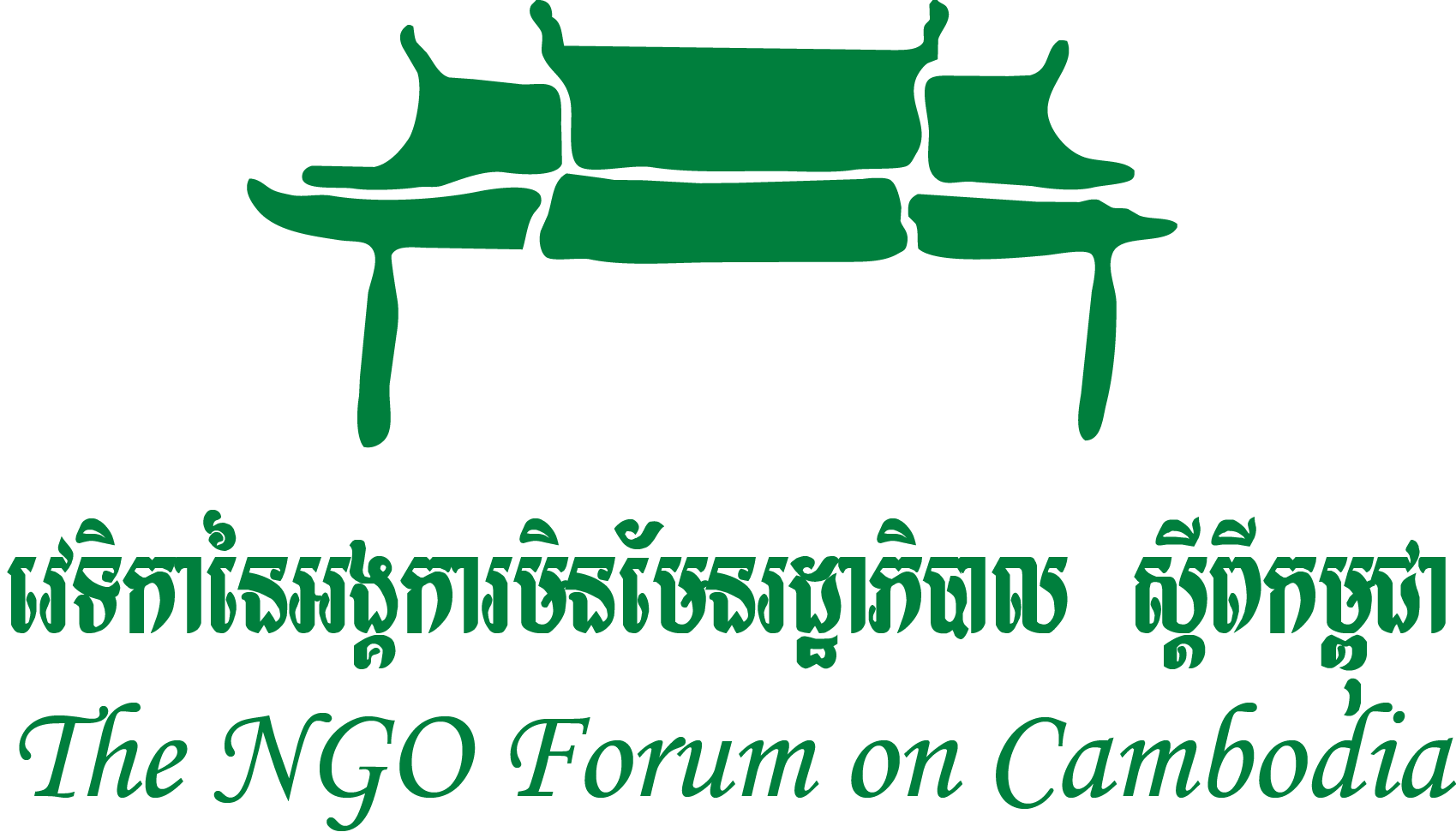On August 09, 2020, at Sang Rokhavorn Wildlife Sanctuary, Oddar Meanchey Province. This year we celebrate 26th International Day of Indigenous Peoples to the world and 16th for Cambodia. There were total of 257 participants who from 28 of national and international NGOs and representative of indigenous peoples in 8 provinces (Oddar Meanchey, Preah Vihear, Kratie, Stung Treng, Kampong Thom, Ratanakkiri, Mondulkiri and Kampong Speu Province, representatives of the Ministry of Rural Development, representatives of the Oddar Meanchey Provincial Governor, Department of Rural Development, professors, students and the media journalists.
Civil society organizations have agreed to celebrate the 26th International Day of Indigenous Peoples in order to promote indigenous peoples' rights through public recognition and to raise public awareness of culture and issues of Indigenous peoples in Cambodia. The purpose of this event are:
Celebrate the International Day of the World Indigenous Peoples Disseminate to the public to understand and contribute to the preservation of indigenous culture and customs Meaningful participation of indigenous peoples in sustainable natural resource management and resilience to climate change
Develop the livelihood of indigenous communities, especially women, in accordance with the National Policy on the Development of Indigenous Peoples of the Kingdom of Cambodia
Raise awareness of indigenous communities on Covid-19 Dr. Tek Vannara, Executive Director of NGOF, on behalf of the Indigenous Peoples and Forestry Network, which has 48 national and international organizations. He highlighted the Secretariat's key action plans for the conservation and development of indigenous peoples:
Organizing three regional conferences and one national conference on Land and Natural Resources Governance that enables indigenous community representatives from all provinces of the Kingdom of Cambodia to meet and discuss the priority needs of indigenous peoples. In order to conserve of culture, natural resource management, livelihood and community development.
Continue to support the Department of Minorities of the Ministry of Rural Development to approve the draft Indigenous Peoples Conservation and Development Strategy to implement the Royal Government's Indigenous Peoples Development Policy for the benefit of indigenous communities in Kingdom of Cambodia.
Continue to support Indigenous Community Committees, especially those registered to receive indigenous collective land, to improve their livelihoods, social welfare, and strengthen the implementation of the Rules and Regulations of Indigenous Communities.
Facilitate and promote the establishment of Indigenous Peoples Alliance through registration with the Ministry of Interior, so that indigenous communities have sufficient capacity to participate in community development in accordance with the policies of the Royal Government.
Support initiatives to preserve indigenous cultures, languages, and heritage through the establishment of Indigenous Cultural Centers.
Continue on research study and improve documents related to indigenous collective land registration, such as internal regulations, statutes and preliminary maps, to facilitate the indigenous community collective land registration process which are faster and more efficient.
Continue to support and strengthen the capacity of community committees to raise awareness among members, build cooperation and solidarity, especially access to land benefits and security during the inter-ministerial land registration campaign.
Promote capacity building and increase the implementation of the safeguard Information System (SIS) to protect the interests of indigenous peoples through the implementation of the national REDD + strategy.
Continue to implement projects on natural resources and biodiversity for the betterment of society, the environment, especially indigenous peoples, by enhancing the participation of authorities and stakeholders in the process of zoning identification in protected areas, and to improve the livelihoods of indigenous peoples through customary rights in protected area.





